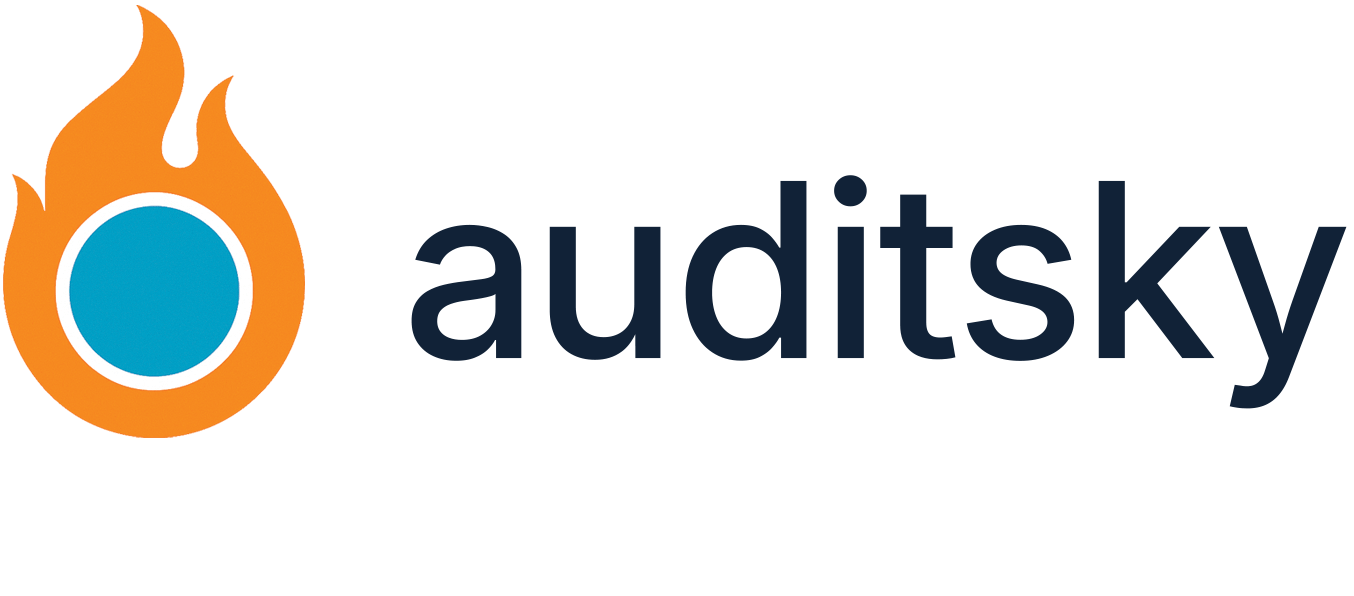What is AEO (Answer Engine Optimization)?
Answer Engine Optimization (AEO) is the process of structuring your content so that AI tools like ChatGPT, Gemini, and Perplexity recognize and feature your answers. It’s like SEO—but for AI-driven search engines that give direct, conversational responses.
AEO helps your content become the source that large language models pull from when users ask questions.
Why AEO Matters More Than Ever
In the past, ranking on page one of Google was the goal. Today, AI tools are skipping links and surfacing answers directly. If you want to stay visible, you need to be the answer.
How AEO Is Different from SEO
While SEO focuses on helping your content rank in traditional search engines like Google, AEO is about helping your content get quoted, cited, or directly used by AI tools like ChatGPT, Gemini, and Perplexity.
Here’s how they differ:
- SEO = Optimize for pages, rankings, and links
- AEO = Optimize for answers, structure, and clarity
- SEO wants searchers to click your link
- AEO wants AI to use your content as the answer
Today’s AI-driven tools don’t just list links—they generate summaries, cite sources, and provide direct answers. AEO ensures your site becomes that source.
The Rise of AI in Search: Why AEO Matters More Than Ever
The landscape of online search is rapidly evolving, with AI-powered tools like ChatGPT, Gemini, and Perplexity becoming integral to how users seek information. This shift underscores the growing importance of AEO in ensuring content visibility.
Key Statistics Highlighting the Surge in AI Search
- Explosive Growth in AI Adoption: In 2024, AI adoption surged with nearly 60 million new users, bringing the global total to over 314 million. Projections indicate that by the end of 2025, this number will exceed 378 million users, marking the highest annual increase to date. (Source: Edge AI and Vision Alliance)
- AI’s Expanding Role in Business: Approximately 77% of companies are either using or exploring AI technologies, with 83% considering AI a top priority in their business strategies. (Source: National University)
- Google’s Integration of AI in Search: Google’s introduction of “AI Overviews” has reached 1.5 billion monthly active users across more than 140 countries, providing AI-generated summaries directly in search results. (Source: Investor’s Business Daily)
- Shift in Consumer Behavior: A significant portion of users, especially among Gen Z, are turning to AI chatbots for information, indicating a shift from traditional search engines to AI-driven platforms. (Source: Financial Times)
AEO Checklist: For Landing Pages and Blog Posts
- Target a natural language question (e.g., “What is AEO?”)
- Use the question as an H2 or H3 subheading
- Answer clearly in the first 2–3 sentences
- Use short paragraphs, bullets, and bold text for clarity
- Add 2–4 related follow-up questions and answers
- Include an FAQ section with 3–10 relevant questions
- Add FAQ schema (JSON-LD or plugin-based)
- Link to internal resources to build topic authority
- Cite external trustworthy sources when helpful
- Use simple, conversational language
- Ensure fast load time and mobile responsiveness
- Run an audit (e.g., with Auditsky) to test AI + SEO signals
Frequently Asked Questions
What is the goal of AEO?
The goal of AEO is to get your content selected and cited by AI systems as the best answer to user questions. It increases visibility in tools like ChatGPT, Gemini, and Google’s AI Overviews.
Does AEO replace SEO?
No. AEO complements SEO. While SEO helps rank on traditional SERPs, AEO focuses on visibility inside AI-generated responses and answer boxes.
What types of content benefit most from AEO?
Educational blog posts, FAQs, how-to guides, and product explainers benefit most. Any content that clearly answers a question is AEO-friendly.
How do I know if my content is AEO-optimized?
Use a free AEO audit tool like Auditsky.ai to audit your website.
What tools can help with AEO?
Tools like Auditsky, SurferSEO, and Schema Markup Validator can help. SEO plugins like Yoast and RankMath also support FAQ schema for WordPress users.
What does AEO stand for?
AEO stands for Answer Engine Optimization. It’s the practice of optimizing content so AI tools and generative search engines can use it as a direct answer.
How is AEO different from SEO?
SEO is about getting ranked on traditional search engine results pages. AEO is about becoming the cited answer in AI-generated responses.
Which tools use AEO-friendly content?
Platforms like ChatGPT, Google’s SGE, Gemini, Perplexity, and voice assistants like Siri and Alexa rely on well-structured, concise content.
How do I add structured FAQ schema?
You can use JSON-LD format in your page’s HTML. Most SEO plugins (like Yoast or RankMath) also support adding FAQ schema blocks visually.
Final Thoughts on AEO
Answer Engine Optimization (AEO) isn’t just a trend — it’s a must-have strategy for anyone creating content in the age of AI search.
By focusing on clear answers, structured content, and schema markup, you increase the chances that ChatGPT, Google, Gemini, and other AI tools will use your content as a trusted source.
Start small: pick one blog post, follow the checklist, and run a free audit using Auditsky to see how AEO-ready your content really is.
Want to stand out in AI search? Start by becoming the answer.
